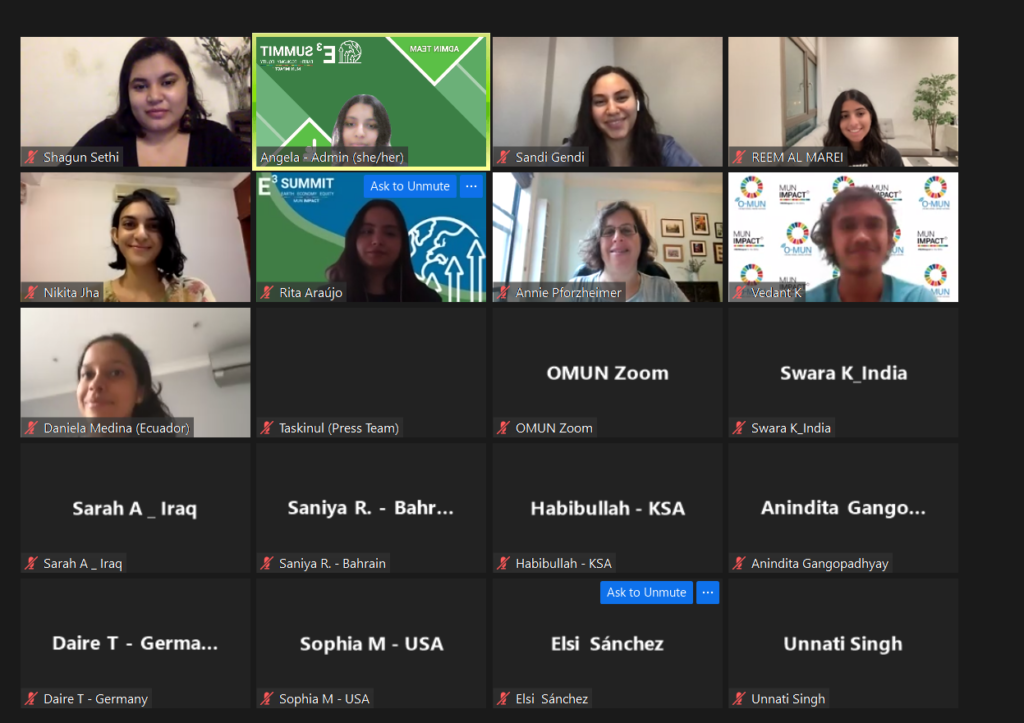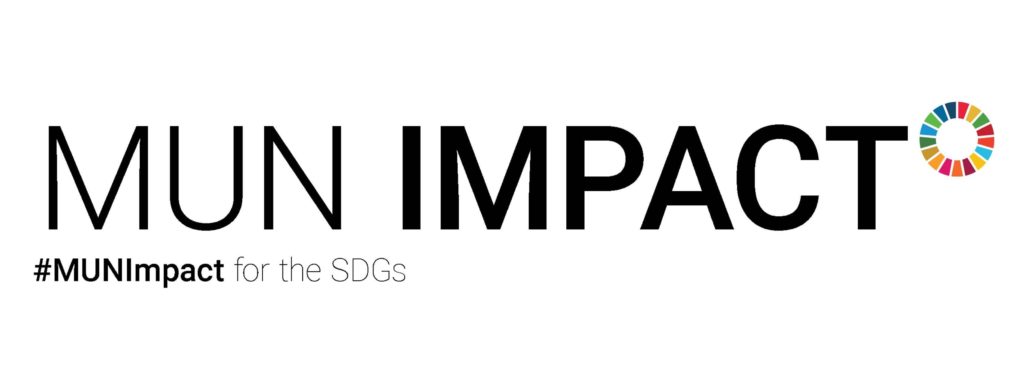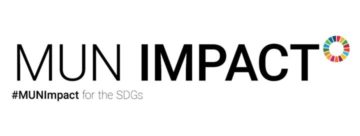BY TASKINUL HUDA SAQUIB, STAFF REPORTER
Undoubtedly it was a huge surprise for all of the MUNI members that we had come to the end of our 3 day long Summit focusing on ” Earth, Economy and Equity “. It seemed to us only a few minutes ago, we conducted our first session and within a twinkling of eyes, we’re now going to moderate our last session which is all about the WASHPAP 2030 campaign. And like other sessions, we were completely mesmerized to listen to the story of successful turnout of a MUN resolution to a standard UN resolution guaranteeing clean water, sanitation, hygiene, and pandemic protection for all by 2030 and its preparation process where young people all around the globe contributed mostly and devotedly.
This resolution was completely different from any common resolution that usually appears before the United Nations General Assembly Committee each year ; there were no official UN diplomats, no ministerial personality, even no aged people in time of preparing this document. It was completely designed by young delegates of different communities of different backgrounds sitting at the MUN debate competition arranged by MUN Impact Global and One Shared World collaboratively from March to April 2021. The main theme was SDG 6: Ensuring safe and equitable access to clean water and sanitation for everyone by 2030.
In 4 different languages (English, Spanish, French and Russian), young people from everywhere partook in these debates and crafted a set of highly qualified resolutions. Amongst those fortunate young participants, we got two experienced MUNers: Rita Araújo and Reem Al Marei. They both shared their phenomenal experiences with us during the debate sessions. Both of them agreed upon one point that to engage in this debate cycle was one of the wisest decisions they have made up so far. They also expressed their high hopes for the resolution that they, along with other delegates fixed and continuously edited before it had gone out of their reach, to be passed at the upcoming UNGA and G20.
Now when this drafted resolution had been put down the table of editorial team members, they all felt the same sensation of wonder and satisfaction. Nikita Jha, working as an editor, frankly disclosed her opinions on the quality of the resolutions that have been reached out to them. She openly appreciated the efforts yielded by young people irrespective of their life position, career and moreover their age to craft 3-4 resolutions which contain the unstoppable voice and unbounded enthusiasm. At no point, the quality of these documents hasn’t been scooped off. Nowhere the seriousness of manners has elapsed. They even didn’t do too much editing, hence it automatically turned out to be a high qualified resolution. Lastly, she reiterated that they all have faith in its achievements. Sandi Gendi, director of OneShared.World of Global Leadership and acts as a lead coordinator for WASHPAP team, added the acceptability of this finalised resolution to the ministries of the world, experienced analysts, acting and former UN diplomats.

She persisted in the attentive manner of all of its reviewers who couldn’t but express their amazement at the dedication and inspiration that came out of the resolution. There was no scope for looking down as it’s just a MUN debate. She congratulates all the staff working hard to finally come out with such a praiseworthy document. Now, if we focus on another part of WASHPAP activities “Global Advocacy Campaign “. Shagun Sheti, serving as a director For Global Leadership for One Shared World, took the floor and explained precisely everything about this campaign and the steps to advocate for something. As her maiden point she preferred to quench our curiosities regarding the appropriateness of advocacy. She answered the most common question that we’re frequently asking “Why should we, the commoners, be involved in advocating when every government, legal institution, national and international organisations continuously advocate for any issue?” by explaining the multiple layers of a social movement where we want to have any social problem solved. Two main includings of such a kind of social movement are students and people who come from grassroot levels. She unfolded the impact of civil society in any transition, any movement.
Civil society can often play the stakeholder role and put pressure on governments, institutions and moneyed groups to do things better. They hold the power to push industrialists to work for the greater human benefit and even throw them out of their seats because every institution in every country, every society is accountable to its civil society. And by this way, we as a common people are indulged in advocacy though we don’t do it sincerely.
We are also advocating in social media by broadcasting a thought, an ideology, a crisis. She mentioned #Me too, #Black lives matter, Tiktok and Instagram activities as different manifestations of real life advocacy. Even if we just call up one of our friends and start discussing any contradictory topic, you’re also acting as an advocate here. So, we’ve already been a part of every big advocacy campaign and now it’s high time to increase our advocacy skills to inspire as many people as we can. Ms. Shagun didn’t leave the audience confused and to clarify the facts, she then stratified the steps of advocacy from 1 to 4. First of all, to succeed in an advocacy campaign, we need our mouths hushed and the stages prepared to raise other voices especially those who have never been given any opportunity to expose the reality and listen to them. It’s high time we got in touch with minorities and sufferers, reached out to the homeless families and understood who the stakeholders are and how to react with every piece of the problem. Then let’s initiate an action. But where will we first implement our strategy?
Here comes the 2nd step : identifying our influences. We have to tag the people who are being influenced by us from our personal sphere, institutional spheres like in schools, universities, job sectors, local sphere like we can take an initiative collectively by our community people and influence each other positively to segregate domestic wastewater, national sphere like spreading the spark of influence around the country against any problematic laws and legislations and finally catch up with the international sphere. But like marking all the levels of influence in our lives, setting up a concrete goal is also important. Shagun urged all to be clearer to the goals. Gender Inequality is a big issue and now if someone just sets up his/her goal to eradicate all forms of inequality, it might be uncomfortable for him/her to stick to the goal. Rather than, he/she can specify a certain issue that directly or indirectly confronts the equity of a society and do something regarding this particular sector. And lastly, she advised us to focus on the exactness of our messages that we’re going to give out during our advocacy process. It’s very urgent to prepare a rhetorical, connective, sympathetic and emotional note to be spread out across the system.
Finally Ms. Shagun judged the accuracy of WASHPAP activities in the context of the aforementioned steps and Annie Pforzheimer, a recently retired career diplomat with the personal rank of minister counselor, marked on its approach so far with special emphasis on the collaboration with MUN Impact, India Sanitation Coalition, German and Spanish foreign ministries and the recent Vaccine Equity event with the head of WHO, Dr. Tredros. From personal judgement, this one hour long WASHPAP + Advocacy session has brimmed up to the appropriateness of our E3 Summit and most importantly, drawn a unique conclusion to this mind blowing initiative taken by MUN Impact Global and succeeded by its members.

